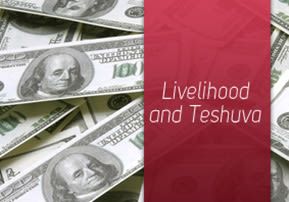
Livelihood and Teshuva
People used to “believe” in the banking system, or “believe” in the stock market, or “believe” in the dollar. But, every week, you read about another major financial disaster…

Translated by Rabbi Lazer Brody
The world economy is going crazy. Why? People used to “believe” in the banking system, or “believe” in the stock market, or “believe” in the dollar or in some other foreign currency. But, every week, you read about another major bank that has fallen through the floor and closed its doors, another stock exchange that has lost 10% in a week, or another foreign currency that’s as shaky as an oak leaf in an autumn breeze. The closer we  get to Mashiach, the more Hashem is removing the type of wobbly canes that people lean on. The stark international reality as you see from the unrest all over the world is that people can no longer lean on their places of employment, their employers, or even their pension plans. When governments, banks, and big business go bankrupt, currency and pension plans are worthless.
get to Mashiach, the more Hashem is removing the type of wobbly canes that people lean on. The stark international reality as you see from the unrest all over the world is that people can no longer lean on their places of employment, their employers, or even their pension plans. When governments, banks, and big business go bankrupt, currency and pension plans are worthless.
So what’s the lesson that Hashem wants us to learn, especially now as we’re inaugurating the month of Elul? We must do teshuva in relation to our livelihood. We’re not doing Hashem a favor by making this type of teshuva a highest priority – we’re doing ourselves a favor. Here’s why:
All a person’s income difficulties stem from the fact that he doesn’t live his emuna in relation to his livelihood. Until a person takes the principles of emuna and applies them to his livelihood, he’s not living his emuna. Wherever there are problems, there’s a lack of emuna. Many people ask me what the difference between emuna and bitachon is; bitachon is simply emuna applied to income and financial matters.
Let’s review quickly our principles of emuna: first, everything comes from Hashem. Second, Hashem does everything for the very best. Third, Hashem does everything for a purpose. Now, let’s apply these three principles to our livelihood. First, since everything comes from Hashem, I don’t have to fear my boss, my clients or customers, the IRS, or anyone else on earth. My income is solely in Hashem’s hands. Once a person really internalizes this first principle, he is well on the way to rock-solid bitachon. Bitachon, complete trust in Hashem, gives us inner peace, confidence and even much better physical health. A person with bitachon has less headaches, less indigestion, and a good night’s sleep. Hashem wants us to have sweet and pleasant lives. But the reason we don’t is because we lack emuna in the area of livelihood; that’s why we must make a concerted effort to do teshuva for our lack of trust in Hashem, together with strengthening our emuna and asking Hashem every day in our personal prayer to help us attain true bitachon. This alone is enough to keep anyone busy the entire month of Elul.
Second, we believe that Hashem does everything for the very best. This emuna carries us through the most difficult situations. If a person is fired or laid off of work, he can draw on this emuna to be happy and reassure himself that Hashem is undoubtedly sending him something better. An even higher level of emuna would say that Hashem wants the newly unemployed person to take a few weeks to strengthen himself in Torah. Such a person still gets up early, goes to an early minyan, and pounds the pavement for a few hours doing his hishtadlut – his effort – in looking for work. But then, he takes the whole afternoon devotes those hours to Torah. That’s an example of living your emuna that everything is for the very best.
Third, we believe that everything Hashem does is for a purpose, especially to guide us down our optimum path in life. Financial difficulties take on a completely different hue when we look at them in this light. For example, maybe we’re squandering money on things we don’t need to perform our task in life? Maybe Hashem is making it so difficult for us to pay Torah tuition because He wants us to make aliyah? When we look at our financial difficulties as Hashem’s way of opening doors and closing doors for us, then we can deal with those difficulties in a meaningful way. By thinking of livelihood outside the context of emuna, we’re only making life more difficult for ourselves.
If a person has financial difficulties, he should virtually drop everything he’s doing and devote serious daily time to personal prayer that includes teshuva for lack of emuna and unrelenting prayer for emuna in financial matters. Don’t ask for the money – ask for the emuna, for with emuna, you’ll have all your needs.
Another important point for Elul that effects both teshuva and livelihood is our relationship with others, especially in financial matters. One of the most important points in assuring adequate livelihood is not to sadden or cause anguish to a single human being on earth in the course of making a living. Money earned through stepping on other people – even in the slightest way – is money that ticks like a time bomb. Such money has no blessing. Don’t forget too that owing money to others while not repaying it on time as agreed also causes them extreme anguish. The Heavenly Court is unforgiving when Person A causes suffering to Person B; if Person A doesn’t do teshuva, especially in Elul, then he’ll pay a painful price. For that reason, I don’t understand those who call themselves “frum” yet they borrow money readily with little intention of returning it. There’s no excuse for such behavior.
We don’t learn Torah or perform mitzvot at the expense of others. Better to live simply and not owe a dime. So, in light of the above, it would be a good idea for everyone in Elul to review The Garden of Emuna and the Garden of Riches. May everyone enjoy a healthy and prosperous New Year, amen.


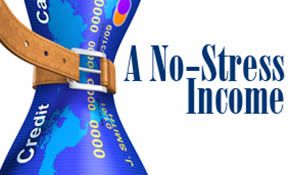
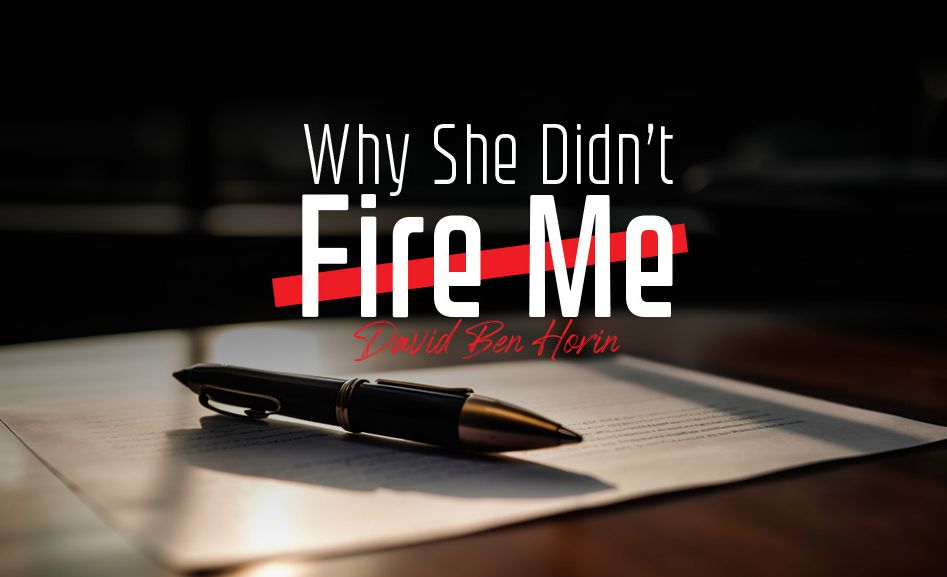
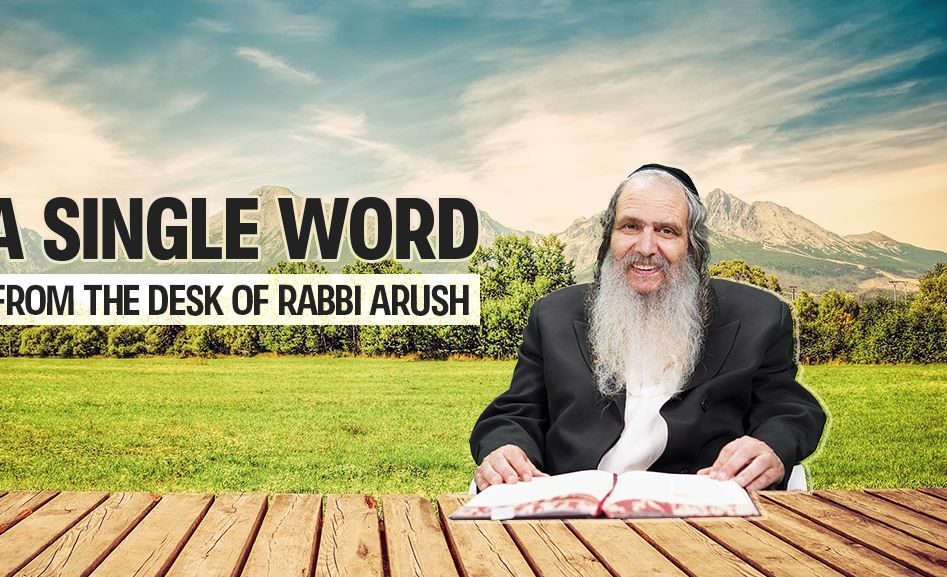
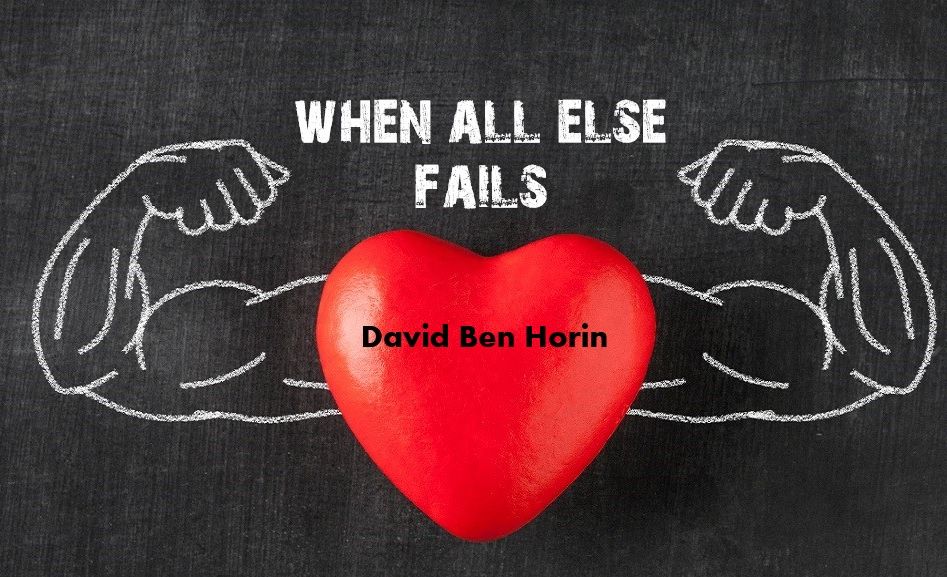


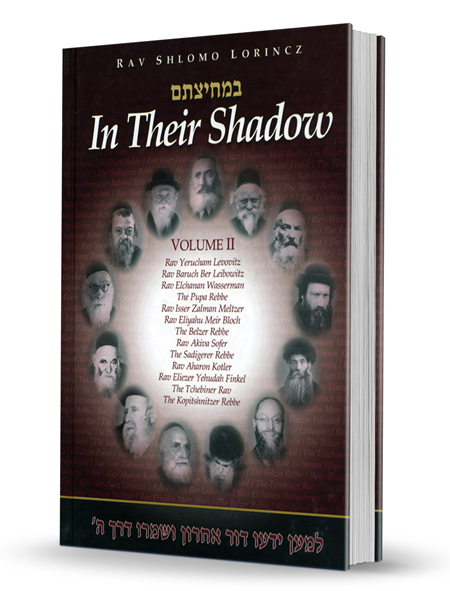


Tell us what you think!
Thank you for your comment!
It will be published after approval by the Editor.